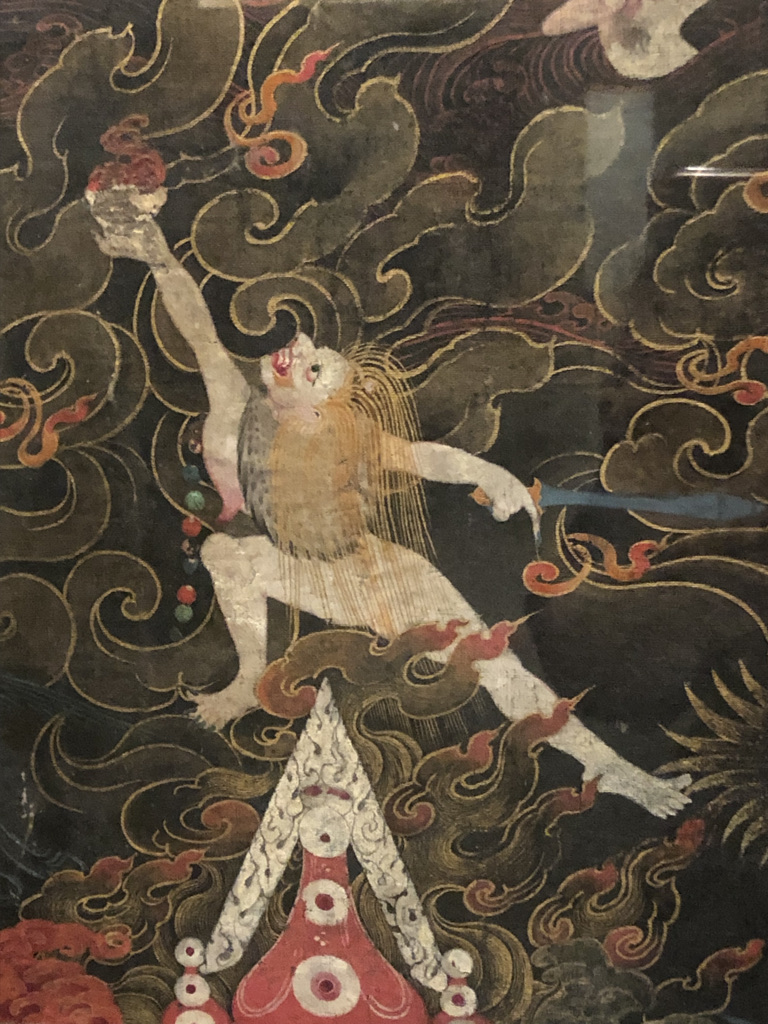Much of who I am is non-standard. My ethnic (kinky/curly) hair. My height. My shoe size. My career choices. The values I inherited from my parents and so much more… Growing up in a philosophically non-standard family heightened my awareness of the general defaults in society and in storytelling, too. Books, films, and TV shows are full of stock characters and standard scenarios. I’m not saying that these cliched plot turns don’t create good stories, I’m just saying that familiarity can breed both comfort and contempt—from saccharine Christmas miracles and femme fatales to waking up in bed with the corpse of a stranger and endings based on ‘it was all a dream.’
Any fan of mystery fiction will recognize the single-minded detective unable to find balance between life and work. This character is great on the job, might be able to swing a positive friendship or two, but is completely unable to maintain any kind of romantic or family life. A subset of these detectives is the recovering alcoholic/workaholic. They are commonly described as flawed characters. These are not to be confused with the obsessive-compulsive geniuses with encyclopedic knowledge of arcane information but unable to make social connections—another flawed protagonist cliché.
Successful flawed detectives are some of my favorite standard characters so I’m not knocking the prototype—just pointing out that as a default it can become a cliche. Vera Stanhope, created by Ann Cleeves and Karen Pirie, created by Val McDermid are my two favorites of the moment. Their flaws are nuanced and as characters they read as real people.
Of course, Cleeves and McDermid are fine writers. They pull off the standard flaws and the strengths with skill. Because both characters are professional detectives (aka cops) and women, they are also bucking two cliches: one, that clever women detectives are of the cozy/amateur variety (with the prototype of Miss Marple) and two, that women characters are socially adept while men can be successful at work while not in life. Inspectors Pirie and Stanhope are women with social challenges and superior professional detecting abilities.
The flawed detectives of both the standard and non-standard varieties, are a push against the classic hero. The strong silent type—man with a gun, a badge, detecting skills, and uncompromising morals—is too simplistic to fit into contemporary fiction. He’s the happy housewife vacuuming in a gorgeous shirtwaist dress, pearls, and heels of detective fiction—too perfect to be interesting, real, fun, or relatable.
We want our heroes to be flawed. Maybe not as flawed as the heroes of Greek mythology but flawed enough to be “relatable.” Why do I hate that word? Probably, because it implies that readers want to sit down for a beer with the protagonist and the “flawed heroes” dominating contemporary storytelling are just such guys. Me? I want the protagonist to be more interesting than relatable. Braver and smarter than me! This non-standard reader wants stories about interesting people.
What’s your favorite flawed protagonist cliché?






I suspect the flawed hero evolved because the stereotypical hero was so damn boring. It became a cliche that the villain was always more interesting than the hero.
Like you, I like interesting characters and actively dislike boring ones. Unfortunately, we aren’t the consumers who dictate whether a story or movie becomes a bestseller. A heck of a lot of consumers just want to be entertained for an hour or two and books or movies are like donuts – a quick, easy sugar fix. They like the same old same old. -shrug-
I think that being comfortable with the characters and the format is part of the winning formula——for some readers.. (sigh)… not for you or me.